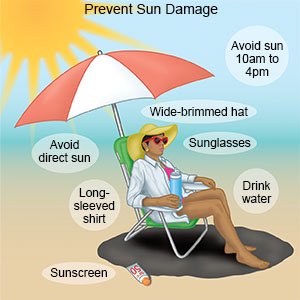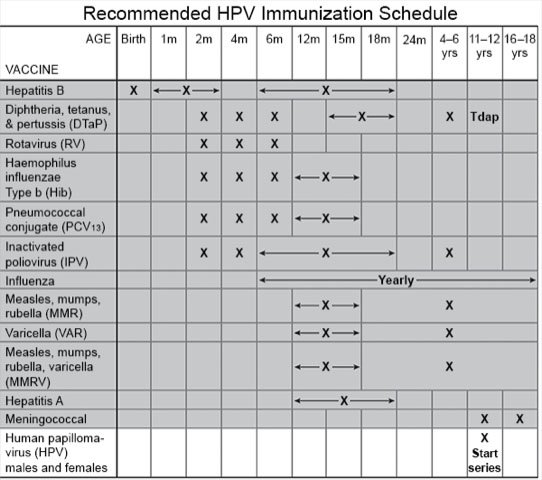Squamous Cell Carcinoma
Medically reviewed by Drugs.com. Last updated on Aug 4, 2025.
Squamous cell carcinoma (SCC) is a slow growing cancer that usually does not spread. Squamous cells are found in the skin, organs, respiratory tract, and digestive tract. SCC can develop in any of these areas, but it is most common in skin areas that get a lot of sun.
 |
DISCHARGE INSTRUCTIONS:
Call your local emergency number (911 in the US) if:
- You have chest pain.
- You have shortness of breath.
Seek care immediately if:
- You have trouble thinking clearly.
Call your doctor or oncologist if:
- You have a new growth or a mole that changes size, shape, or color.
- You have a fever.
- You have chills, a cough, or feel weak and achy.
- You have questions or concerns about your condition or care.
Medicines:
- Topical chemotherapy is given as a lotion or cream to put directly on the skin cancer to kill cancer cells.
- Take your medicine as directed. Contact your healthcare provider if you think your medicine is not helping or if you have side effects. Tell your provider if you are allergic to any medicine. Keep a list of the medicines, vitamins, and herbs you take. Include the amounts, and when and why you take them. Bring the list or the pill bottles to follow-up visits. Carry your medicine list with you in case of an emergency.
Manage or prevent SCC:
- Protect your skin from sun damage:
- Wear sunscreen when outdoors. Use sunscreen with an SPF (sun protectant factor) of at least 15 and UVA and UVB protection. Reapply after you swim or sweat. If you need to be in the sun, wear a hat and long-sleeved shirts and pants to cover your skin.
- Stay out of the sun between 10 am and 4 pm. This is when the sun is the strongest and most damaging to your skin.
- Do not use tanning booths. These can damage your skin as much as the sun.
- Check your skin monthly. Watch for growths or moles that change size, shape, or color.

- Do not use tobacco products or drink alcohol. These increase your risk for SCC of the mouth and throat and can make your symptoms worse. Ask your healthcare provider for information if you currently use tobacco products or alcohol and need help to quit. E-cigarettes or smokeless tobacco still contain nicotine. Talk to your healthcare provider before you use these products.
- Prevent an HPV infection. Some types of HPV can cause or increase your risk for certain cancers, especially SCC. HPV is usually spread through sexual activity. The HPV vaccine is given to females and males, usually at 11 or 12 years of age. It can be given from 9 years through 45 years of age, if needed. It is most effective if given before sexual activity begins. Use a new condom, contraceptive barrier, or dental dam each time you have sex. This includes oral, vaginal, and anal sex.

- Eat healthy foods. Healthy foods include fruits, vegetables, whole-grain breads, low-fat dairy products, beans, lean meats, and fish. Take small bites, and chew your food well before you swallow. Be especially careful when you eat meat, fruits, and vegetables. A dietitian may help to plan the best meals and snacks for you.

- Exercise as directed. Exercise may help increase your energy level and appetite. Ask your healthcare provider how much exercise you need and which exercises are best for you.

Treatment options
The following list of medications are related to or used in the treatment of this condition.
Follow up with your doctor or oncologist as directed:
Write down your questions so you remember to ask them during your visits.
For support and more information:
- American Cancer Society
250 Williams Street
Atlanta , GA 30303
Phone: 1- 800 - 227-2345
Web Address: http://www.cancer.org
© Copyright Merative 2025 Information is for End User's use only and may not be sold, redistributed or otherwise used for commercial purposes.
The above information is an educational aid only. It is not intended as medical advice for individual conditions or treatments. Talk to your doctor, nurse or pharmacist before following any medical regimen to see if it is safe and effective for you.
Learn more about Squamous Cell Carcinoma
Treatment options
Care guides
Further information
Always consult your healthcare provider to ensure the information displayed on this page applies to your personal circumstances.
